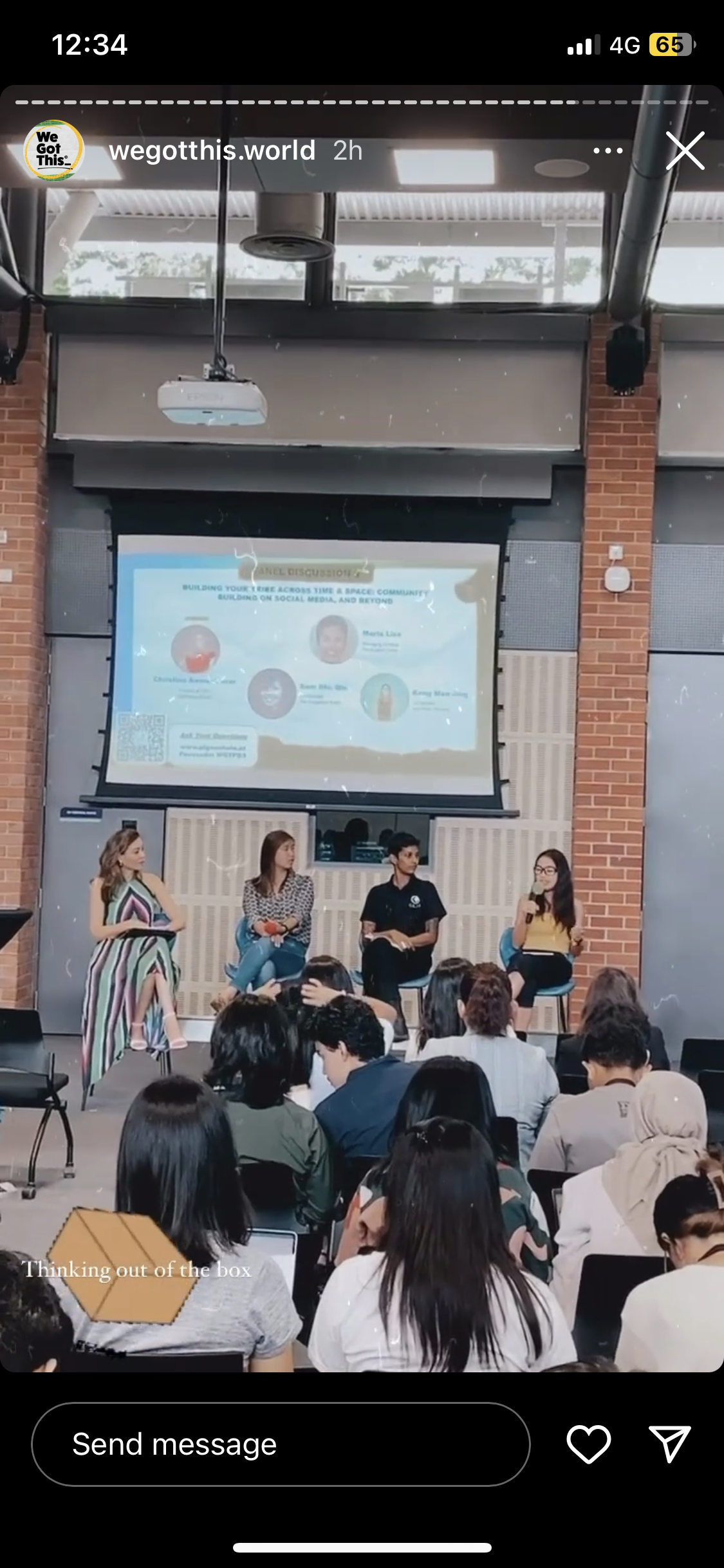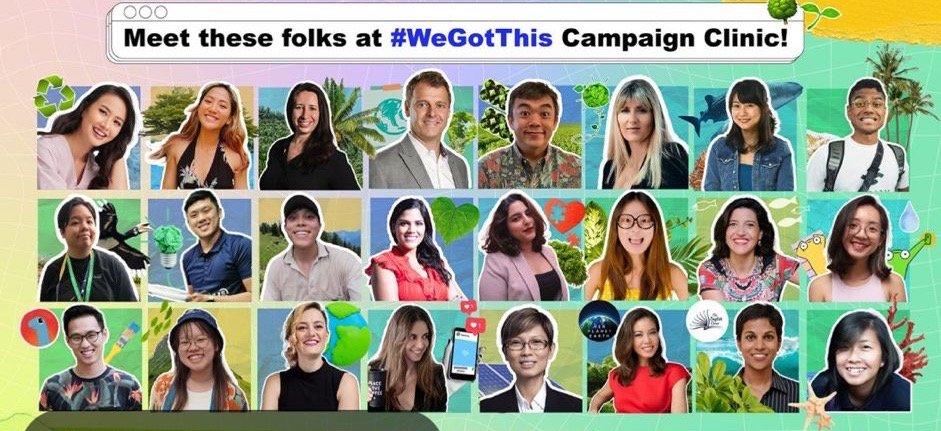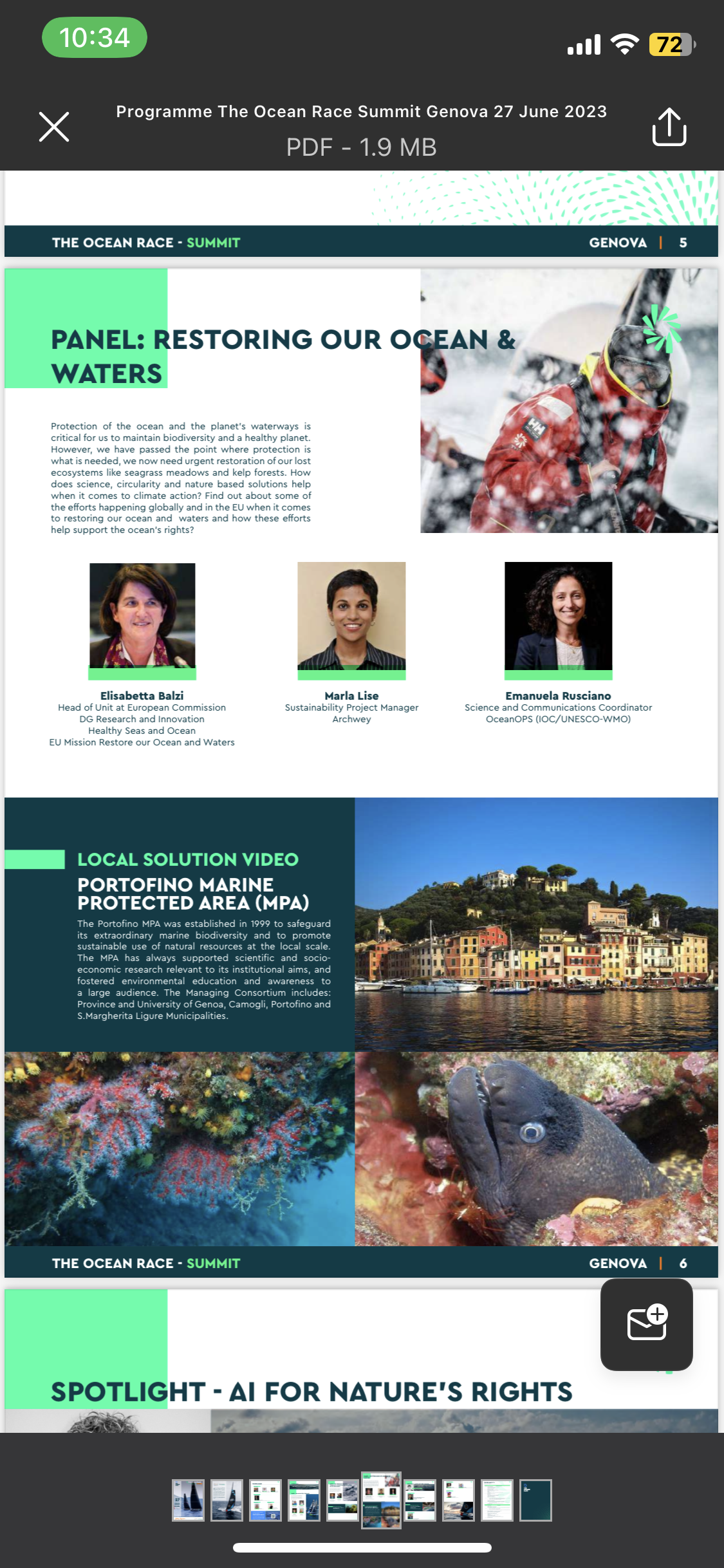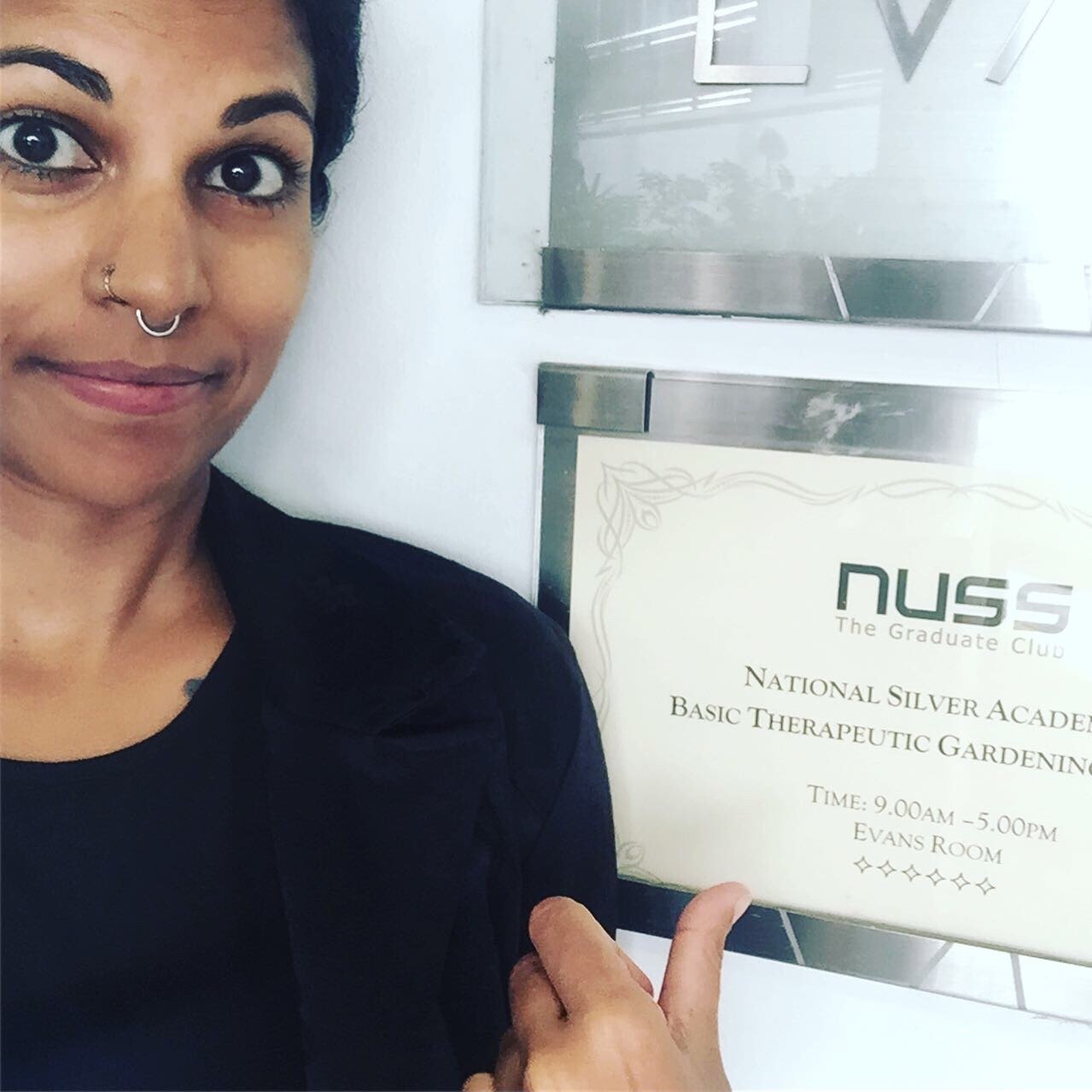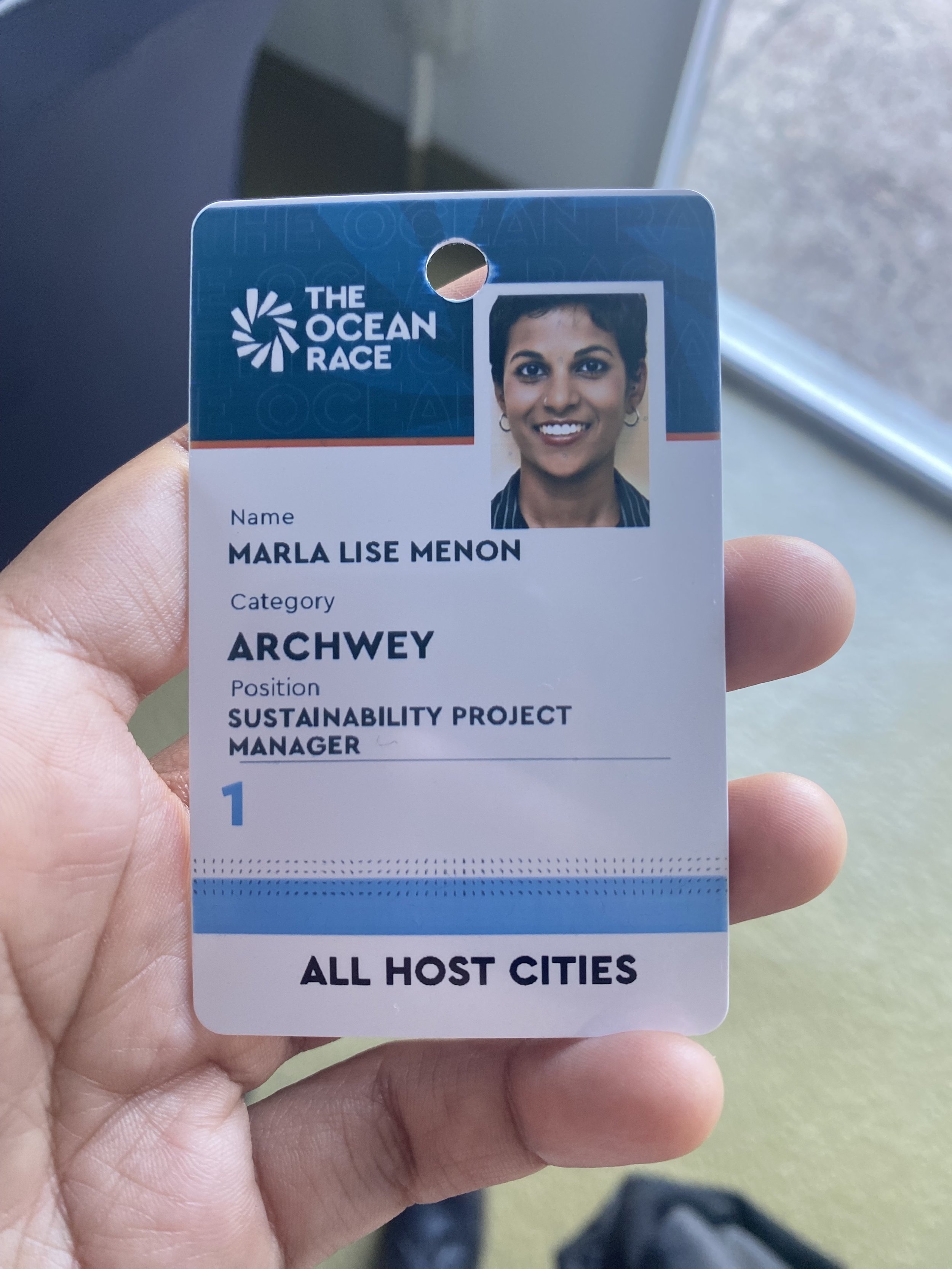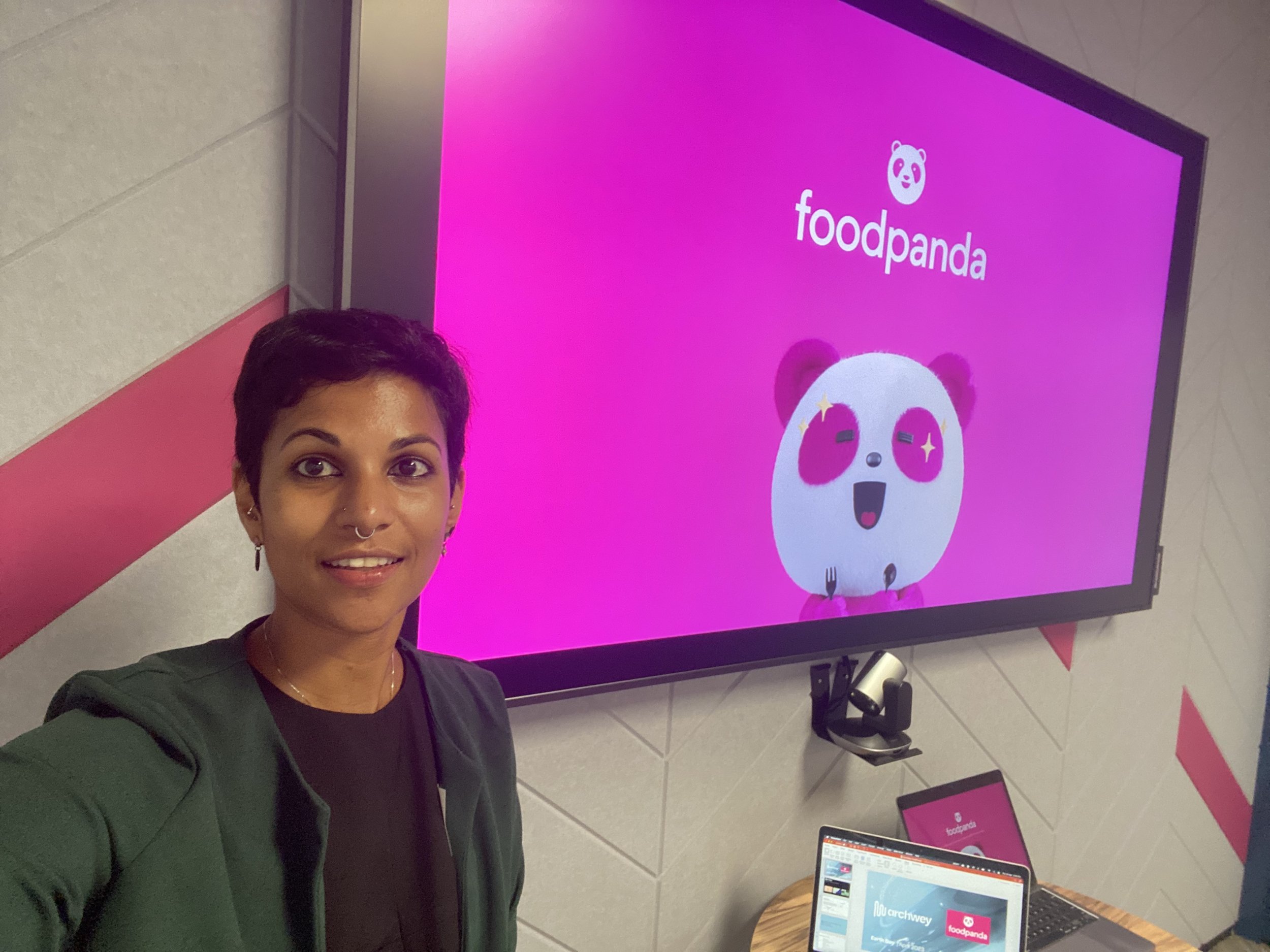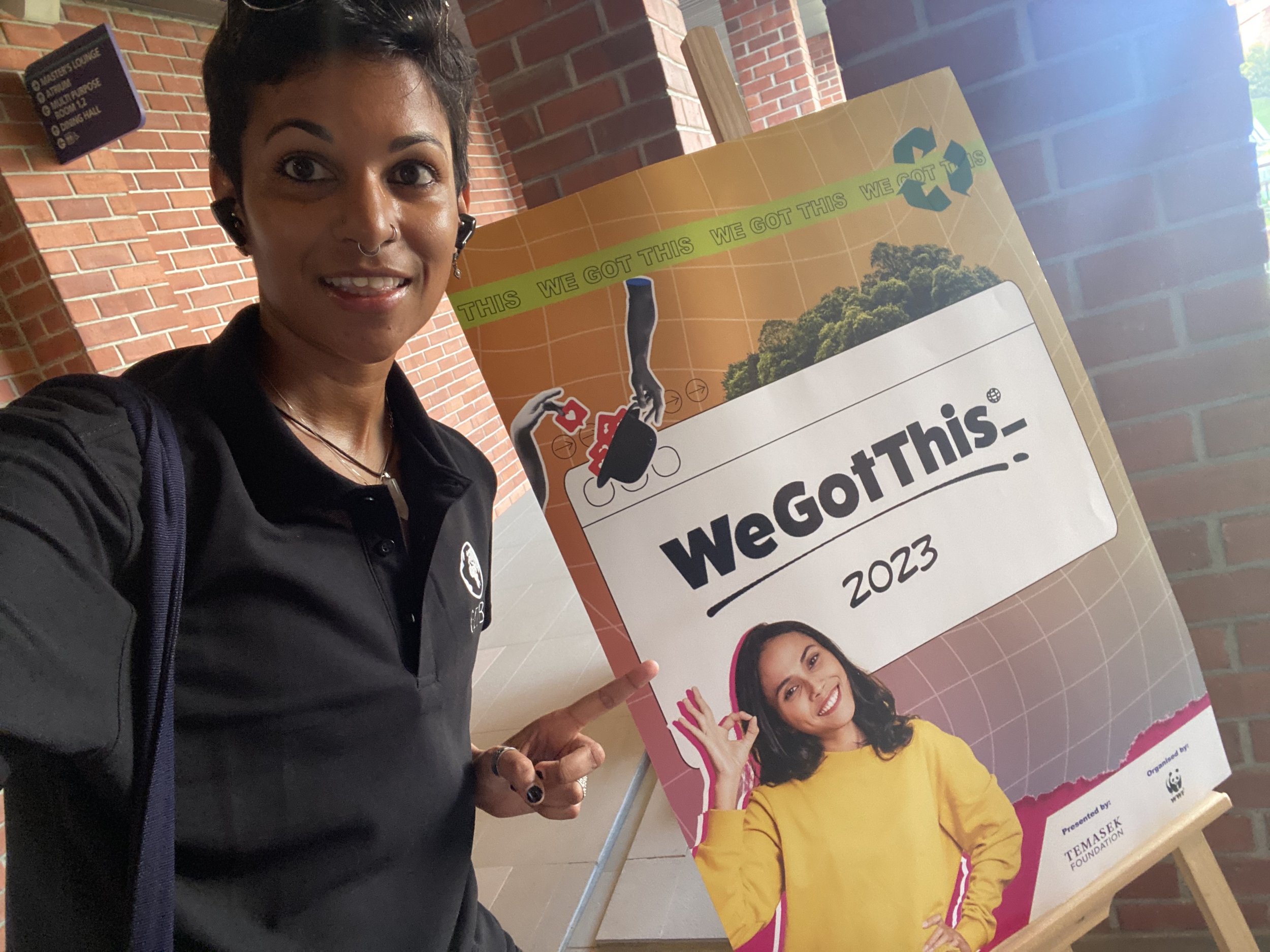A death sentence named convenience
We are all well aware of the climate crisis and impending doom facing ourselves and future generations as the world continues to heat, sea levels continue to rise and plastic pollution continues to run rampant. If the world continues to operate at business as usual, scientists estimate that the amount of plastics in oceans will almost triple by 2040.
Some naysayers are trying to convince the public that there has been no proven health problems associated with plastic. How can this be true? We know what plastics are made of. Over 1300 different types of chemicals have been associated with plastics, and 10 groups of these have been found to be highly toxic. Despite this knowledge, we are willingly and purposely putting plastic into our mouths, and the mouths of our babies, on a daily, sometimes hourly basis. Plastic has now been found in the deepest trenches of the oceans, breastmilk and even in foetuses.
I recently watched a documentary called, We are Plastic People. Here, they investigated how different chemicals found in plastics are endocrine disrupters. Plastics are literally changing the way our bodies function. They investigated cognitive disorders and cancers related to plastics. They even found microplastics in tumours. Another scary thought that was raised, is that, plastic is causing obesity through stopping metabolism. How else are our bodies reacting to plastics?
We do not know the full impact that plastic has on us, but we do know that this is a global problem affecting everyone. Even in the most remote islands, where natives have no association with modern day livelihoods, plastic is washing up on their beaches and swimming in the fish they eat. Microplastics are raining down on them from the sky, and being inhaled up their nostrils.
From 2018 to 2019, Singapore had the highest youth literacy rate across the Asia-Pacific region. Singapore was ranked as the most sustainable city in Asia and the 4th in the world in 2018. How do these numbers the correlate to the country’s plastic recycling rates: 4% recorded from 2018-2020 and 6% in 2021? If we as a modern, rich, educated country cannot provide solutions to the global plastic problem, who will? Why are we not more inclined to help stop the plastic problem and lack of recycling infrastructure on our own shores, and then extend this hand to our neighbours? We are surrounded by some of the most polluted rivers in the world.
It is our job to help, because we can. So, why aren’t we doing more?
According to UNEP, “the equivalent of one garbage truck of plastic is dumped into our ocean every minute”. Countries all over the world are waking up to the idea, that this is not something that can be ignored any longer. The UN is planning a Global Plastic Treaty, many countries are adopting a mandatory recycled plastic content legislation, the UK is forcing a plastic tax.
Singapore imposed a 5c charge on plastic bags. That’s it. This fee in an affluent society barely puts a dent in most pockets. This is not inconvenient enough for people to move away from plastic use. Convenience is still the priority. Even if convenience puts us on that green mile, step by step, straight to that chair.


